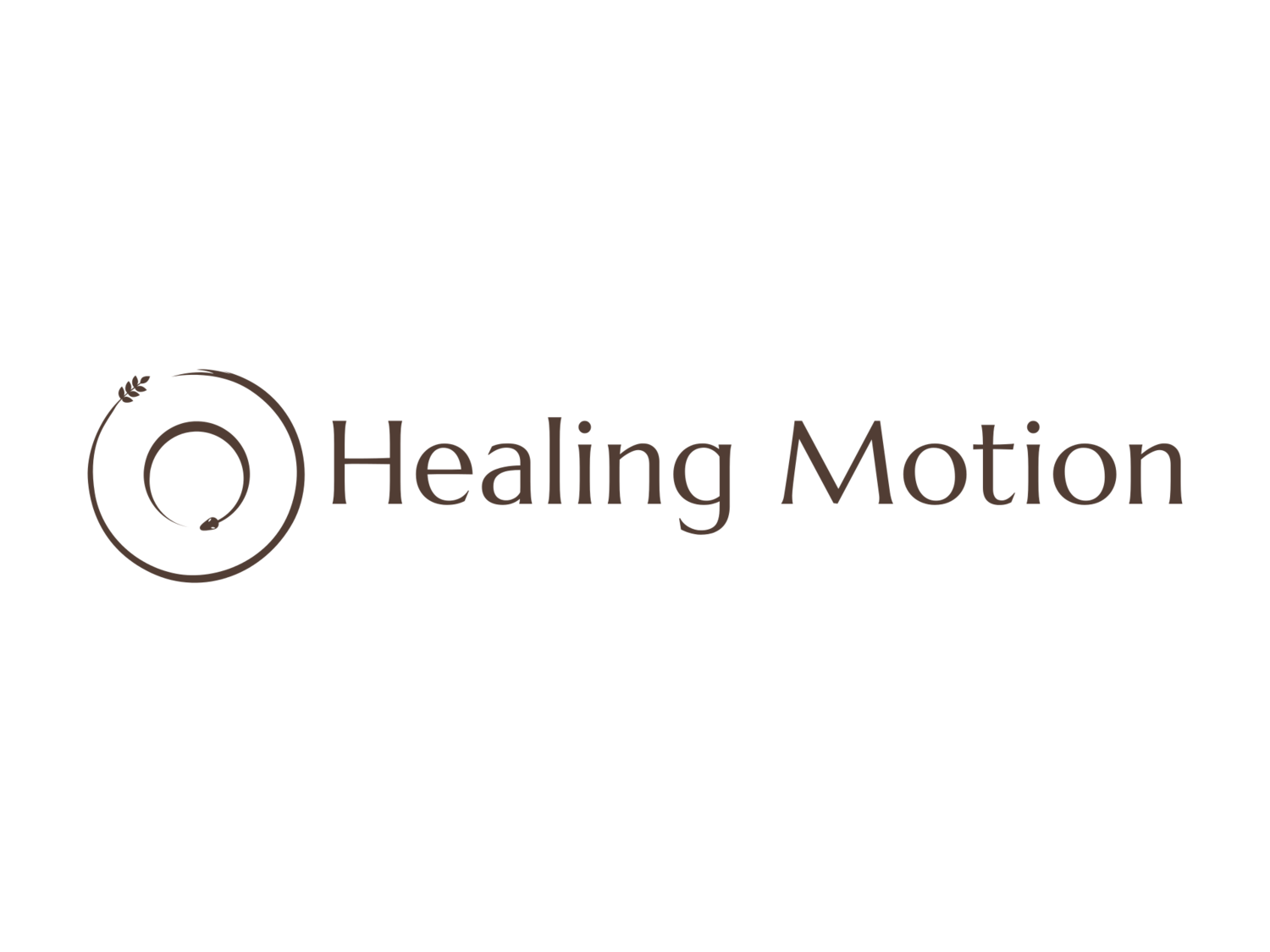Integrity
I recently saw an article with the headline “ChatGPT is better than most therapists”. I did not read the article, however it did get the conversation in my head going; Is that true, how can AI adapt to the mental health needs of humans, will this put me out of a job, what kind of advice does it give, could I trust AI?
I have been traveling, so I have had a bit of time going from one place to another knitting and thinking. As I pondered these questions (amongst others) I took a deeper look at my approach to private practice. I also reflected upon the words of others (which I will get to in a minute). The word that kept popping up for me was integrity. Now I am not making any judgements about the advances of AI here. I can only speak from how I approach this work of walking alongside others on their pathway to restoration.
When I looked up the word Integrity, my online search gave me two definitions:
The quality of being honest and having strong moral principles
The state of being whole and undivided
The word integrity came up in another setting for me this week. Through a collaboration with the New Zealand organization, SomaPsych, I offer a 300hr Trauma Informed Integrative Somatic Facilitator Training. In our conversation about considerations for care with individuals and communities some of our participants brought forward the foundational consideration for any and all communities should start with integrity. How we as professionals and facilitators are showing up for others and ourselves.
This week I also had multiple clients talk to me about their other therapists. Many felt unheard, disconnected, unable to trust, and used by the other professionals supposed to be assisting them. To me this was heartbreaking and enraging. How could my fellow professionals show up lacking integrity for their clients?
Then I realized that conversations about approaching this work with integrity are rarely had in the psychology and mental health world. Most educational settings for mental health and somatic therapy talk about results, ethical legal practice (confidentiality and boundaries with clients), trauma anatomy (how trauma affects the body and brain), and licensure expectations.
But rarely do I see spaces of learning that include a humanity based approach to care, including considerations of the whole being and our whole human collective. And this includes self care (but I will come back to that another time in another newsletter).
And while I am equating this to my professional life, I also know how important it is integrate integrity into my personal life as well. I co-created our 300hr training to fill this gap in education; to essential bring a more human approach to interactions and care, because it is lacking in so many settings around the world.
Being trauma educated is not the same as being trauma informed and human centered in this work. How we step into spaces nurtures our humanity and pushes back against the dividedness that is plaguing our world. And this brought forward another question, can AI do that???
To learn more about our 300hr Trauma Informed Integrative Somatic Facilitator Training click HERE.
